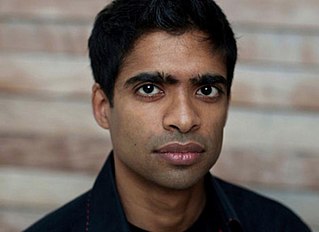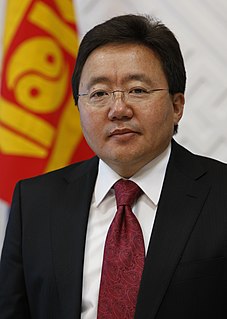A Quote by Ari Melber
When a government forcibly holds enough people indefinitely without trial, it evokes the kinds of raids, detention, and abuses of power associated with authoritarian states - or darker periods in American history.
Related Quotes
Poetry has always mattered, through human history, through all kinds of cultures, all kinds of violence and human desolation, as well as periods of great human affirmation. It's been associated with the power of the word, with the sacred, with magic and transformation, with the oral narratives that help a people cohere.
No-knock police raids destroy Americans' right to privacy and safety. People's lives are being ruined or ended as a result of unsubstantiated assertions by anonymous government informants. ... Unfortunately, no-knock raids are becoming more common as federal, state, and local politicians and law enforcement agencies decide that the war on drugs justified nullifying the Fourth Amendment. ... No-knock raids in response to alleged narcotics violations presume that the government should have practically unlimited power to endanger some people's lives in order to control what others ingest.
The 16th Amendment corroded the American concept of natural rights; ultimately reduced the American citizen to a status of subject, so much so that he is not aware of it; enhanced Executive power to the point of reducing Congress to innocuity; and enabled the central government to bribe the states, once independent units, into subservience. No kingship in the history of the world ever exercised more power than our Presidency, or had more of the people's wealth at its disposal.
The kinds of people we need in government are precisely the kinds of people who are most reluctant to go into government -- people who understand the inherent dangers of power and feel a distaste for using it, but who may do so for a few years as a civic duty. The worst kind of people to have in government are those who see it as a golden opportunity to impose their own superior wisdom and virtue on others.
A: Snowden has enough information to cause more damage to the US government in a minute alone than anyone else has ever had in the history of the United States. But that's not his goal. [His] objective is to expose software that people around the world use without knowing what they are exposing themselves without consciously agreeing to surrender their rights to privacy. [He] has a huge number of documents that would be very harmful to the US government if they were made public.
We often forget that Iran has a long tradition and history with the United States. Iranians have been coming to the United States as students for decades. American businessmen were in Iran developing the oil fields. ...There was an American financial advisor to the Iranian government in the early part of the century.
How can there be democracy if the leadership in the United States and Britain don't uphold the values which my father's generation fought the Nazis, millions of people gave their lives against the Soviet Union's regime, didn't they? Because of what? Democracy. And what democracy meant. No torture, no camps, no detention forever or without trial, without charges. In solitary confinement. Those techniques which are not just alleged, they have actually been written about by the FBI. I don't think it's being far left - I hope that I'm wrong to consider that it's far left to uphold the rule of law.
But I believe this: by and large, the United States ought to be able to choose for its President anybody that it wants, regardless of the number of terms he has served. That is what I believe. Now, some people have said, "You let him get enough power and this will lead toward a one-party government." That, I don't believe. I have got the utmost faith in the long-term common sense of the American people. Therefore, I don't think there should be any inhibitions other than those that were in the 35-year age limit and so on. I think that was enough, myself.

































